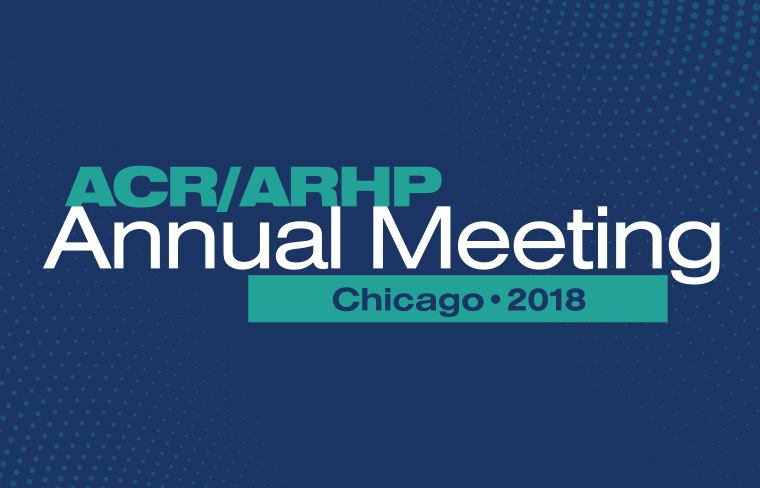-
Distinguished Lecture to examine clinical implications of studies from the bone field
A Distinguished Lecturer session Wednesday morning will provide an overview of some of the more intriguing and controversial issues involving rheumatic diseases and bone.
-
Advances in data science powering capabilities for analyzing large data sets
“It’s hard to compare what happens in one data set with another, but with the tools that we have today, you can apply a metric that can be interpreted across a large number of large data sets,” said Soham Al Snih, MD, PhD.
-
Rheumatologists need to understand how sexual health issues affect their patients
Patients can face difficulties with respect to the impact of rheumatic disease, chronic illness, and medications on their sexual health, and clinicians can struggle talking with patients about this sometimes sensitive subject.
-
Despite advances, questions about crystal disease remain
It may not be difficult to diagnose disease caused by crystals, but outside the management of symptomatic hyperuricemia, there are more questions than answers when it comes to crystal disease.
-
Rheumatoid immunotherapy moving ahead on two tracks
Proof-of-concept trials of dendritic cell immunotherapy have raised interest in their potential as targets for autoimmune disease immunotherapy. Meanwhile, cancer immunotherapy is in clinical use, and rheumatologists are seeing the fallout.
-
History of the quest to synthesize cortisone is compelling and still relevant
The Hench Memorial Lecture on Tuesday will look back at a journey that began with the discovery of the importance of the adrenal gland by Thomas Addison in 1855 and continues today.
-
Session will explore challenge of reducing pain and preserving structure in osteoarthritis
As new treatments emerge for osteoarthritis (OA), it is important for clinicians to understand how and which of these treatments reduce joint pain, and if pain reduction can combine to improve or perhaps worsen joint structure.
-
Experts to discuss impact of PBMs on prescription drug access, affordability
Access to medication is an issue for many Americans, even if they have commercial or government health insurance. Availability and affordability are affected by formulary restrictions and increasing patient cost-sharing based on list prices of drugs.
-
Imaging basics come into focus at ARHP Radiology Bootcamp
This session will help rheumatology professionals develop a general approach to evaluating arthritis on conventional radiographs and understand the utility and understanding the appropriateness of more advanced imaging modalities.
-
ARHP session offers short overview course in rheumatology care for nurses and APPs
An ARHP session, Rheumatology 101, is intended to provide the new RN or advanced practice provider (APP) with an overview of rheumatology care to allow them to practice knowledgeably and comfortably.









